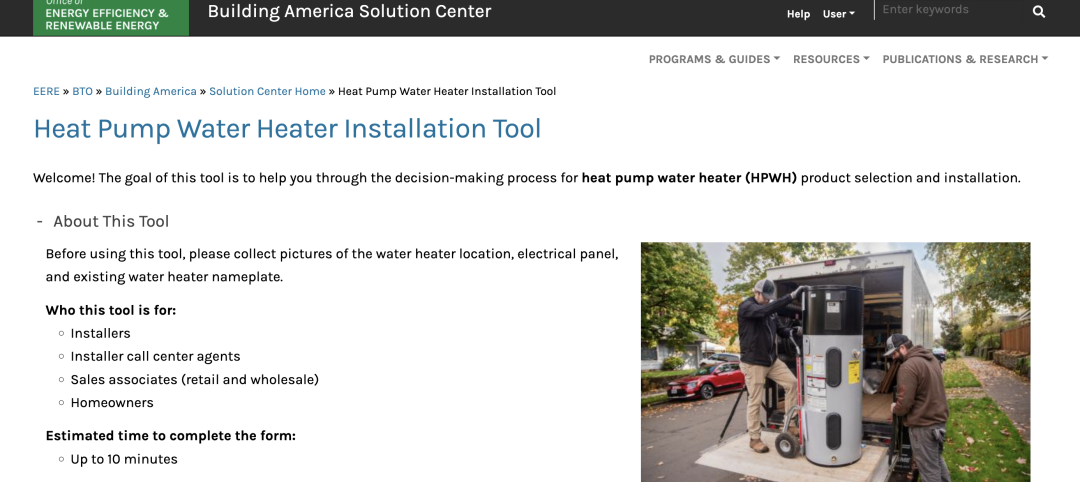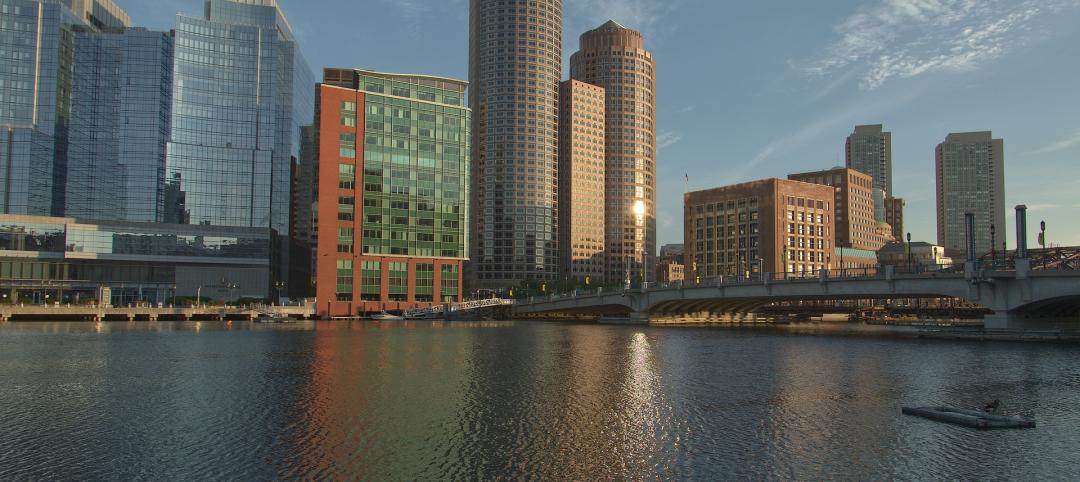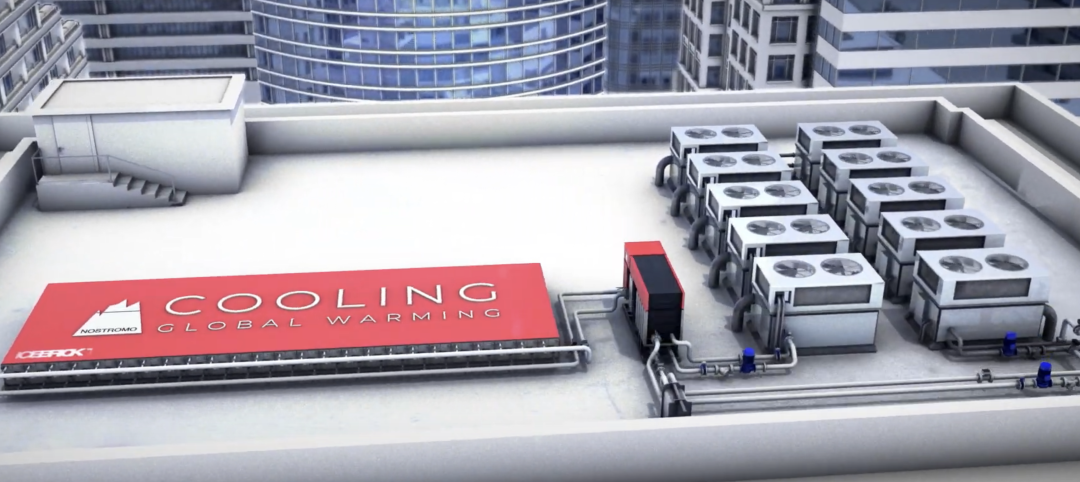Several real estate organizations, including the National Multifamily Housing Council (NMHC), have joined forces to urge Congress to fully fund the 2020 Census and the annual American Community Survey (ACS) in its 2016 budget, which lawmakers are currently debating.
Developers, builders, and contractors rely on these government data to gauge, among other things, changes in population demography and mobility, factors that play major roles in planning and construction plans.
Last year, the industry dodged a bullet when Congress failed to approve a measure that would have made participation in ACS voluntary. “This would have reduced the survey’s accuracy and made it more costly by requiring additional effort to ensure a representative sample,” NHMC states on its website. The Council notes, too, that the industry wants Congress to restore three-year data collection methods that got changed last year.
In its 2016 budget, the Obama Administration is requesting $1.5 billion for the Census Bureau in fiscal year 2016, including $663 million for the 2020 Census (a 91% increase over the previous Census budget) and $257 million (plus $15 million) for the ACS, according to the Census Project, a collaboration of state and local governments, advocacy and business groups, and research organizations interested in a fair and accurate census. Obama is asking Congress for an extra $1 billion for hiring and promotion for the decennial count, after plans to automate door-to-door interviewing in the 2010 Census failed to muster Congressional support.
Population data are of critical importance to municipalities, too. The Arizona Republic reported last month that the city of Chandler, Ariz., will pay the Census Bureau more than $4 million to conduct an updated population count for that metro later this year. Chandler is hoping that the new count will show how its population has increased significantly since the 2010 Census, which put Chandler’s population at 236,326 residents. (Arizona allocates state-shared revenue based on a city’s population.)
The Census Project notes that the Bureau is trying to save as much as $5 billion over the census lifecycle by investing early in research, testing, and development of new methods and technologies. For example, later this year the Bureau plans to hold focus groups with people who would be affected by a new classification being considered for Americans of Middle Eastern and North African descent. The 2013 ACS—with a sample size of 3 million addresses nationwide—estimated that there were about 1.5 million Arab Americans in the U.S. in 2006-10. If this test proves successful, the new classification could be included in the 2020 Census, according to the Associated Press.
Related Stories
Products and Materials | Aug 8, 2024
EPA issues $160 million in grants for clean manufacturing of steel, other construction materials
The U.S. Environmental Protection Agency will provide 38 grant recipients with nearly $160 million to support efforts to report and reduce climate pollution from the manufacturing of construction materials and products.
Green | Aug 7, 2024
Major cities worldwide set building performance standards
Cities around the world are setting building performance standards (BPS) as a key measure to cut emissions and meet climate targets, according to a report from JLL.
Codes and Standards | Aug 6, 2024
New tool helps with selection, installation of heat pump water heaters
A new web-based tool by the Department of Energy offers comprehensive information about how to size, select, and install electric heat pump water heaters (HPWHs).
Regulations | Aug 4, 2024
Diversity rules largely ignored on Boston construction projects
Not a single construction project in Boston over the past four years has met all the rules intended to diversify the construction industry and increase the number of city residents working on construction sites, according to a report in the Boston Globe.
MFPRO+ News | Aug 1, 2024
Canada tries massive incentive program to spur new multifamily housing construction
Canada has taken the unprecedented step of offering billions in infrastructure funds to communities in return for eliminating single-family housing zoning.
MFPRO+ New Projects | Jul 31, 2024
Shipping containers converted into attractive, affordable multifamily housing in L.A.
In the Watts neighborhood in Los Angeles, a new affordable multifamily housing project using shipping containers resulted in 24 micro-units for formerly unhoused residents. The containers were acquired from a nearby port and converted into housing units at a factory.
Geothermal Technology | Jul 29, 2024
Rochester, Minn., plans extensive geothermal network
The city of Rochester, Minn., home of the famed Mayo Clinic, is going big on geothermal networks. The city is constructing Thermal Energy Networks (TENs) that consist of ambient pipe loops connecting multiple buildings and delivering thermal heating and cooling energy via water-source heat pumps.
Smart Buildings | Jul 25, 2024
A Swiss startup devises an intelligent photovoltaic façade that tracks and moves with the sun
Zurich Soft Robotics says Solskin can reduce building energy consumption by up to 80% while producing up to 40% more electricity than comparable façade systems.
Codes and Standards | Jul 25, 2024
GSA and DOE select technologies to evaluate for commercial building decarbonization
The General Services Administration and the U.S. Department of Energy have selected 17 innovative building technologies to evaluate in real-world settings throughout GSA’s real estate portfolio.
Office Buildings | Jul 22, 2024
U.S. commercial foreclosures increased 48% in June from last year
The commercial building sector continues to be under financial pressure as foreclosures nationwide increased 48% in June compared to June 2023, according to ATTOM, a real estate data analysis firm.

















